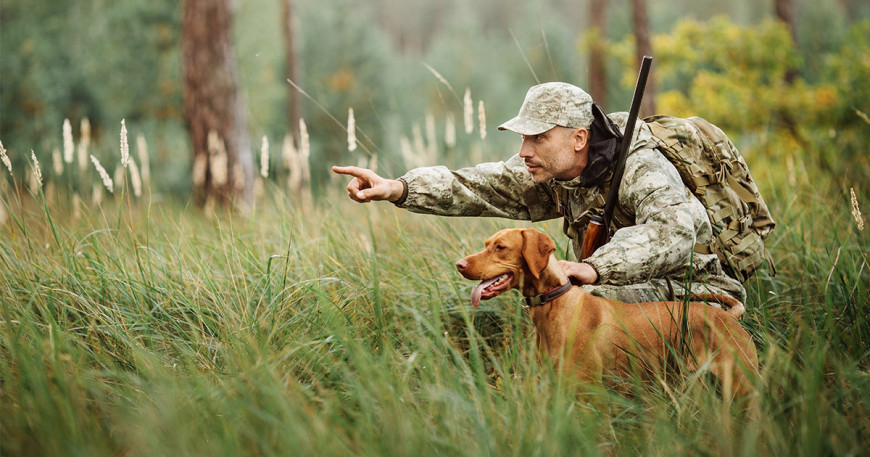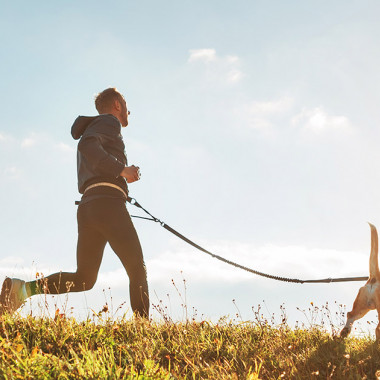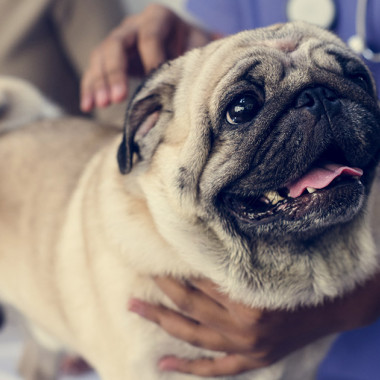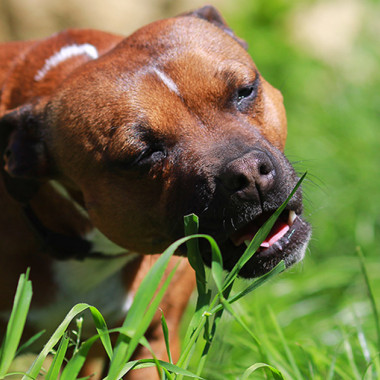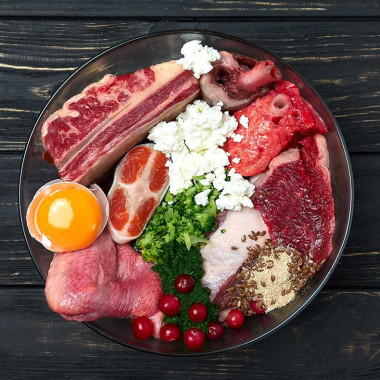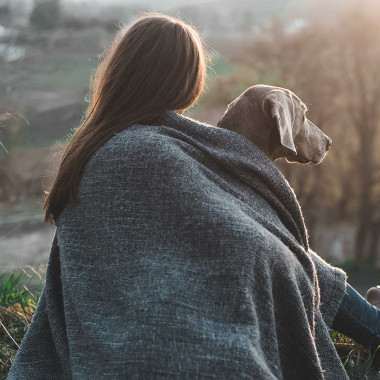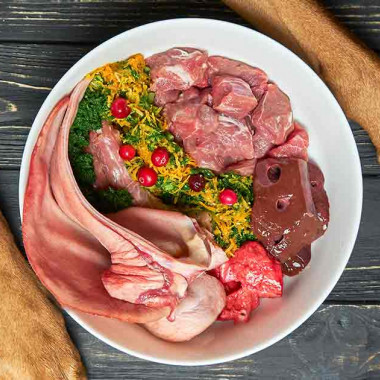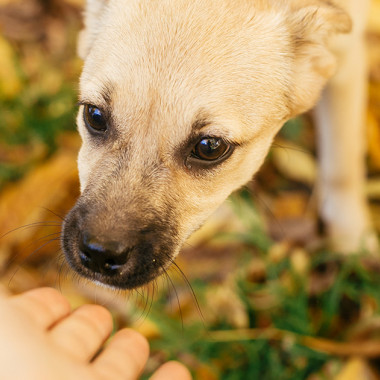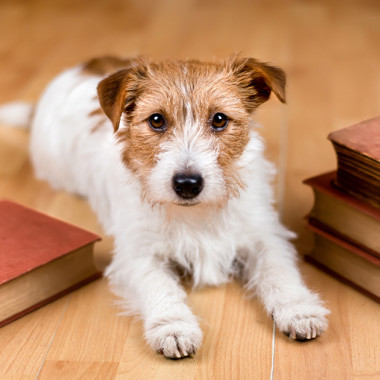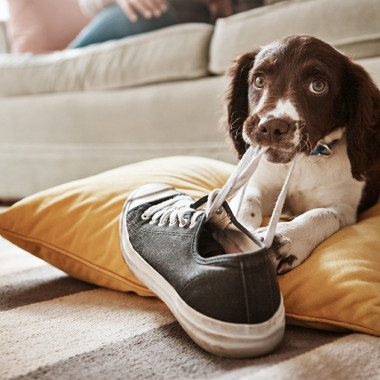Game chewing is perhaps one of the greatest fears of hunters. Such behavior is unacceptable during hunting trials. Hunters strive to use all available knowledge and proven training methods for their future hunting dogs. However, this undesirable behavior can sometimes appear later on. Unfortunately, BARF is often associated with game chewing, just as it is with increased aggression in dogs fed raw meat. However, both are myths.
What does game chewing mean?
Hunting breeds can be divided into tracking dogs, scent hounds, burrowers, retrievers, and pointers. To be officially used in hunting, a dog must earn the title of a hunting dog. A hunting dog (PUP) is one that has passed trials to demonstrate the abilities required for hunting a specific type of game. These trials allow the dog to participate in hunts for the corresponding game. The trial rules determine which dog can take the exam and later use its abilities in the relevant hunting area. As mentioned earlier, the trials test the natural instincts of the breed, placing strict emphasis on mistakes, some of which can be so serious that they prevent the dog from completing the trial. One such major mistake is game chewing. This mistake is shown when, after tracking down a wounded or shot game, the dog starts to eat, bite, or otherwise chew the animal. Licking the animal is not considered game chewing, but biting and tearing are. Biting or tearing the game while retrieving small furred or feathered animals also counts as chewing. These bad habits are hard to break, which is why precision in training from the very beginning is essential.
What causes game chewing?
There are several reasons why game chewing can occur during hunting dog training. Sometimes, a dog that has previously done well in training may suddenly exhibit this unwanted behavior. The first question usually asked in such cases is: "What do you feed your dog?" And there it is: "If you feed raw meat, don't be surprised if the dog can't resist a fresh trophy." But that’s not how it works. First of all, training a hunting dog is highly complex and requires 100% obedience. There’s no room for shortcuts or neglecting certain commands. If that happens, the owner will soon realize that the dog is no longer under their control but is working on its own. Game chewing can even have a genetic basis. It can also be caused by improper training, physical pain, sudden changes in diet, hormonal changes, excessive stress, or the dog’s current mental state. For example, if you don’t feed the dog before training and reward them repeatedly with game scraps, it’s no surprise if they occasionally reward themselves. However, this behavior isn’t caused by the raw diet but by inadequate training support and poor attention to the dog’s basic physiological needs, like hunger. Similarly, a sudden shift from raw or cooked food to dry commercial food can make the dog "protest," resulting in self-rewarding behavior like game chewing. If this mistake occurs from time to time, it can quickly become a habit, leading to undesirable behavior in a future hunting dog. Of course, these examples can’t be applied to every dog, as each is unique. However, it’s important to note that the type of food has no influence on game chewing. What matters is proper command training and strict adherence to obedience in hunting training.
How to prevent game chewing?
Training a hunting dog requires 100% obedience, meaning that performance in every task must be flawless. This also applies to tracking or retrieving. If you move forward without teaching the dog self-control in difficult situations, you can’t expect the dog to be completely reliable. Dogs can’t understand or connect situations based on past experiences. Therefore, it’s necessary to expose the dog to various situations to ensure they can succeed in real-life scenarios. The same applies to tracking dogs, for example. A well-trained dog should always prioritize wild boar over other game. If this preference isn’t reinforced, excellent results can’t be expected. When training to retrieve game, you can use modern training tricks, such as holding delicate objects. Developing sensitivity helps prevent the dog from damaging the trophy. It’s also possible to train the dog to carry and retrieve food that they are fed daily. Commanding the dog at the start and end of the task is helpful to prevent the dog from finishing on its own and rewarding itself.
PUP trials are exclusively accessible to hunting breeds, which can be used in hunting areas in our region. These trials test various commands and obedience. The dog must be capable of assisting the hunter and not work independently or without direction. In our countries, hunting dogs are used to track wounded or shot game, drive out game during group hunts, retrieve small game, and silently track animals. The success of a hunting dog depends entirely on proper training and conditioning of commands.
